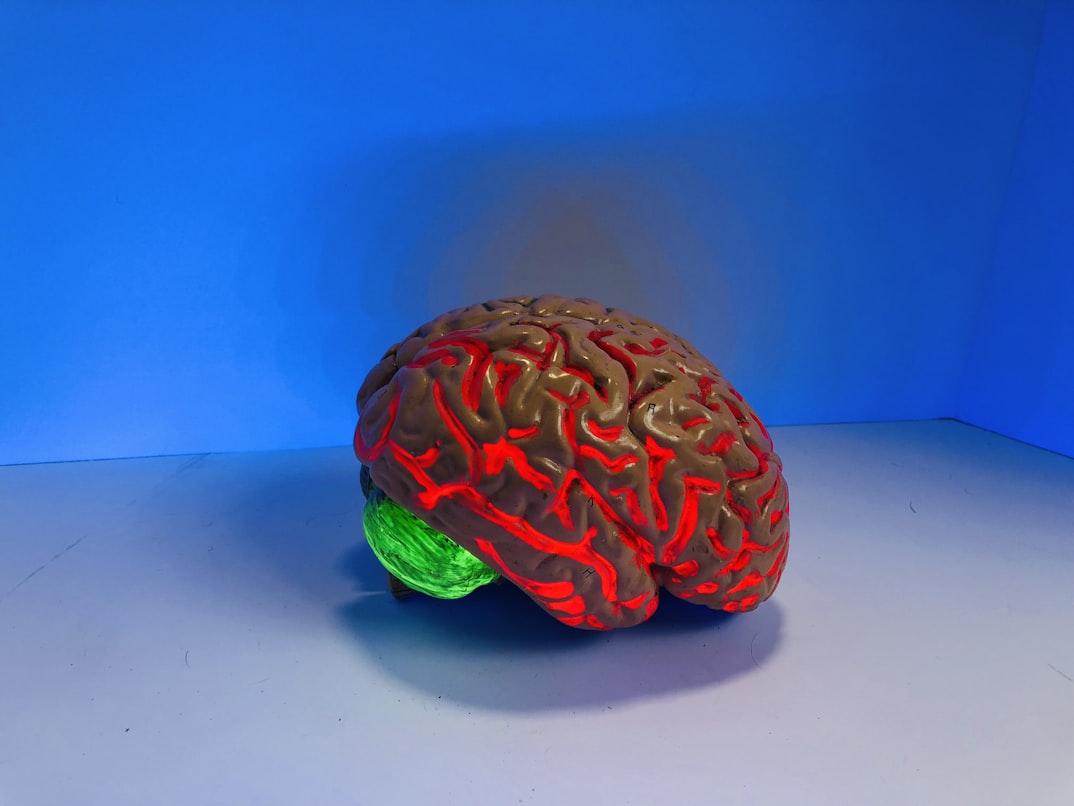10 Fun Facts About the Human Brain: How it Works and What it Does

The human brain is one of the most complex and mysterious organs in the body. Despite being only about 2% of our body weight, it uses 20% of our energy and controls all of our bodily functions.

The Brain is made up of about 100 billion neurons
The brain is made up of about 100 billion neurons, which are the cells that transmit information throughout the brain and body.
The brain is divided into three main parts: the cerebrum, the cerebellum, and the brainstem
The cerebrum is the largest part of the brain and is responsible for consciousness, movement, and sensation. The cerebellum is responsible for coordination and balance, while the brainstem controls vital functions such as breathing and heart rate.
The brain is constantly changing and adapting
The brain is constantly changing and adapting, a process known as neuroplasticity. This allows the brain to reorganize itself and adapt to new information and experiences.
The brain has the ability to generate new brain cells
The brain has the ability to generate new brain cells, a process known as neurogenesis. This occurs primarily in the hippocampus, a region of the brain involved in memory and spatial navigation.
The brain is capable of multitasking
The brain is capable of multitasking, allowing us to perform multiple tasks at once. However, studies have shown that multitasking can decrease overall productivity and increase the likelihood of errors.
The brain is able to process information faster than a supercomputer
The brain is able to process information faster than a supercomputer, as it is able to make connections and associations between different pieces of information in a way that computers cannot.
The brain uses different regions for different tasks
The brain uses different regions for different tasks, such as the occipital lobe for vision, the temporal lobe for hearing, and the frontal lobe for decision-making and problem-solving.
The brain is affected by emotions
The brain is affected by emotions, and certain regions such as the amygdala are particularly involved in processing emotional information.
The brain’s memory capacity is virtually limitless
The brain’s memory capacity is virtually limitless, as it is able to store and recall an immense amount of information. Studies have shown that the brain is able to store an almost unlimited amount of information, from personal experiences and facts to images and sounds.
Sleep is essential for the brain’s function
Sleep is essential for the brain’s function, as it allows the brain to consolidate memories and clear out waste products. Studies have shown that a lack of sleep can lead to a decrease in cognitive function and an increased risk of developing certain neurological disorders.
In conclusion, the human brain is a complex and fascinating organ. By understanding these fun facts about the brain, we can better understand how it works and what it does. From the way it processes information to the way it stores memories, the brain is full of surprises and interesting information. Understanding the brain is not only crucial to understanding ourselves but also to understanding the world around us.
Resources:
- The remarkable, yet not extraordinary, human brain as a scaled-up primate brain and its associated cost | PNAS
- Brain Basics: Know Your Brain | National Institute of Neurological Disorders and Stroke
- Neuroplasticity – StatPearls – NCBI Bookshelf
- Dynamic Brains and the Changing Rules of Neuroplasticity: Implications for Learning and Recovery
- What is neurogenesis? – Queensland Brain Institute
- Brain Anatomy and How the Brain Works | Johns Hopkins Medicine
- https://www.electronicproducts.com/is-your-brain-smarter-than-a-supercomputer
- The Influences of Emotion on Learning and Memory – PMC
- 11 Fun Facts About Your Brain | Northwestern Medicine
- Brain Basics: Understanding Sleep | National Institute of Neurological Disorders and Stroke
- The Neuroprotective Aspects of Sleep – PMC





